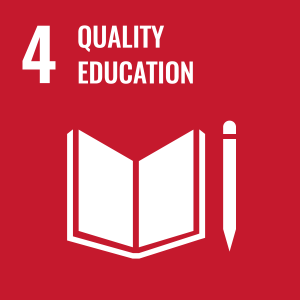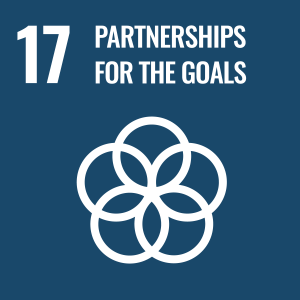Research needs of people with Down syndrome, Fragile X syndrome and Williams syndrome are underrepresented in the current profile of research
Nearly three quarters of people with Down syndrome, Fragile X syndrome, and Williams syndrome and the people who support them, are dissatisfied with the current landscape of research on their conditions, a new report from the University of Surrey reveals. Communities are asking for improved accessibility of research outputs, to maximise the opportunity for research to deliver impactful outcomes and transformational change.

In the first report of its kind, researchers, supported by the Baily Thomas Charitable Fund, analysed the research landscape and funding available to furthering understanding of Down syndrome, Fragile X syndrome and Williams syndrome. People with these conditions and those who support them were also surveyed and took part in group discussions.
Professor Emily Farran, Professor in Cognitive Development at the University of Surrey, said:
“There are an estimated 1.5 million people in the UK with a learning disability and 3.5 million people in the UK with a rare disease. Living with such conditions can severely impact aspects of life for people from getting dressed, to learning to read, to creating meaningful friendships.
“Research, when translated into practice, can be transformative to the daily lives of people with these genetic syndromes and others who experience similar issues, as well as those who support them. However, our research indicates opportunities for research-informed action are being missed and gaps in knowledge persist because of an insufficient overview and mapping of research taking place. We need to listen more to the needs and wants of the community, and to ensure that they can access research into the conditions they live with and the opportunities this research could unlock.”
This research has identified that between 2013 and 2022, the UK invested £26 million spread across 87 different projects into Down syndrome, Fragile X syndrome, and Williams syndrome. Interestingly investment did increase over the ten-year period. However, for the top three funding bodies this represented less than 1 percent of their funding portfolio. Researchers calculated that for every person with these syndromes, the UK spent only £35 on research per year, compared to £114 per person per year on UK dementia research.
The analysis also revealed that funding has been predominantly targeted towards basic research (i.e. research which seeks to understand the processes and mechanisms that support the brain, body, and cognitive functions of people with each of the syndromes.) Only 5 percent of research funded focussed on treatment and interventions, with only 3 percent on services and less than 1 percent on lifespan issues.
Consulting with people who have these conditions and those who support them, researchers identified a high degree of dissatisfaction with the pattern of research and funding, and with the limited accessibility of research findings. The genetic syndrome communities expressed the need for a more balanced research profile, targeting areas that are more likely to make meaningful differences to everyday lives, and in a way that has more impact because it is more accessible to people who have these conditions and their support network. Highlighting this, one parent of an adult with Down syndrome said:
“My son is 19, so more support with adult transition, getting a job etc would be our key area of concern now.”
To address these concerns, researchers have developed a series of recommendations for the research community, funding bodies, and policy makers to drive future investigations to better meet the needs of the communities that they are focussed on:
- Invest in areas of research with more direct relevance to everyday life.
- Ensure research is informed by people with lived experience.
- Capitalise and optimise on existing and future datasets.
- Translate research into practice and make it easier to access.
- Generate compelling evidence for public policy and share it effectively.
Professor Farran added:
“Our communities are calling for funders, researchers, and policy makers to prioritise a more balanced portfolio of research, and for scientific advances to be shared in a way that enables research to have optimal impact. It is important, of course, to answer basic science questions, but what really matters to those living with Down syndrome, Fragile X syndrome, and Williams syndrome are research outcomes that improve their day to day lives. Our key findings and recommendations are also very relevant to the broader learning disability communities.”
Notes to editors
- Professor Emily Farran is available for interview on request, please contact mediarelations@surrey.ac.uk to arrange.
- A copy of the report can be found here
- Funding from this report was also received from the University of Surrey Higher Education and Innovation Fund (HEIF).
Related sustainable development goals






Share what you've read?
Media Contacts
External Communications and PR team
Phone: +44 (0)1483 684380 / 688914 / 684378
Email: mediarelations@surrey.ac.uk
Out of hours: +44 (0)7773 479911
